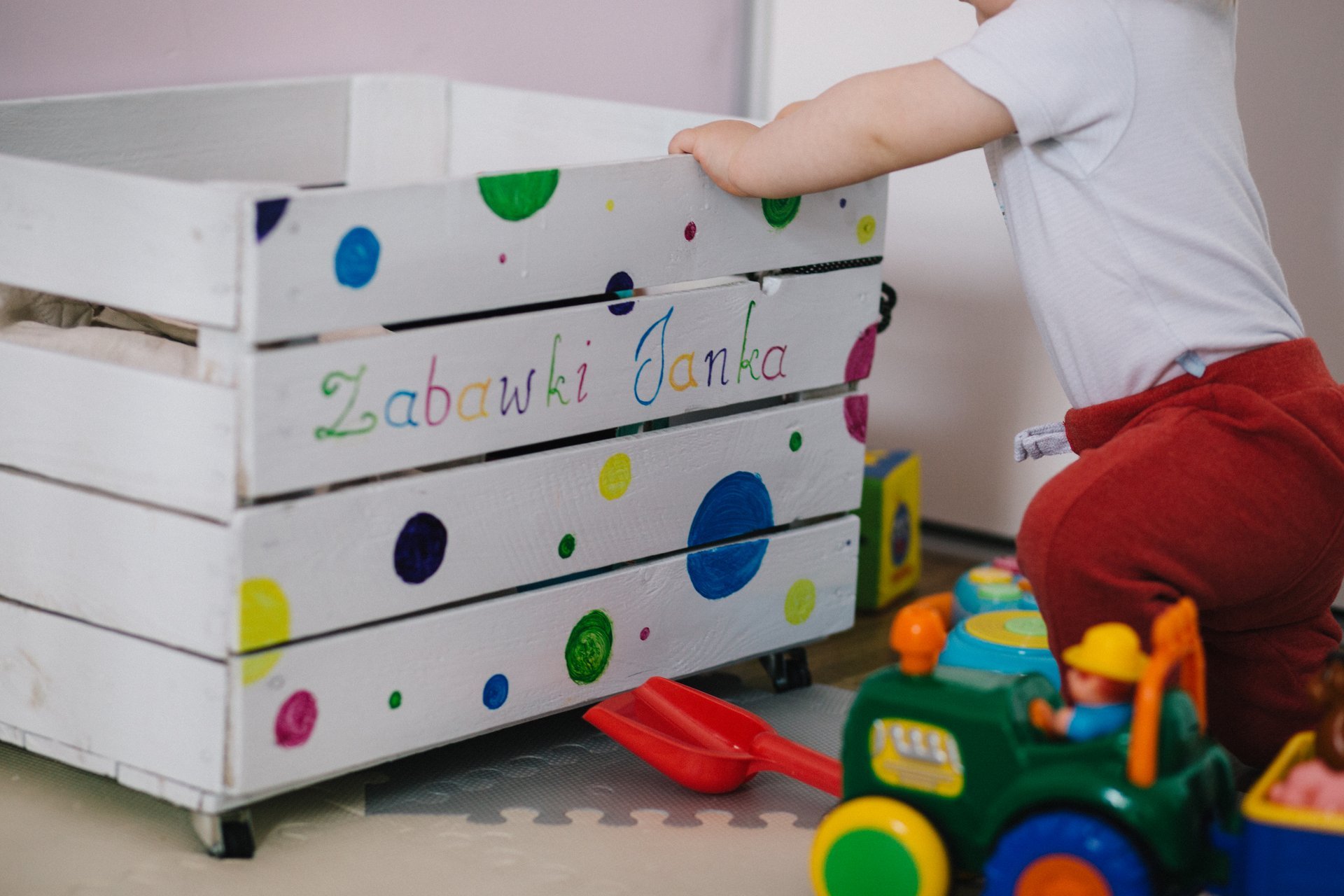Have you given toys as gifts this Christmas?
f so, you will certainly have made your children and grandchildren happy, while contributing to the surge in consumption at Christmas time. It’s not a drama, the world has been going on like this for decades, but toy sharing could revolutionize the world of toys.
The consequences of an unbridled accumulation of toys are right in front of our eyes, and yet, we refuse to see them. We should ask ourselves if children really need the mountains of dolls and colored boxes with which we overwhelm them.
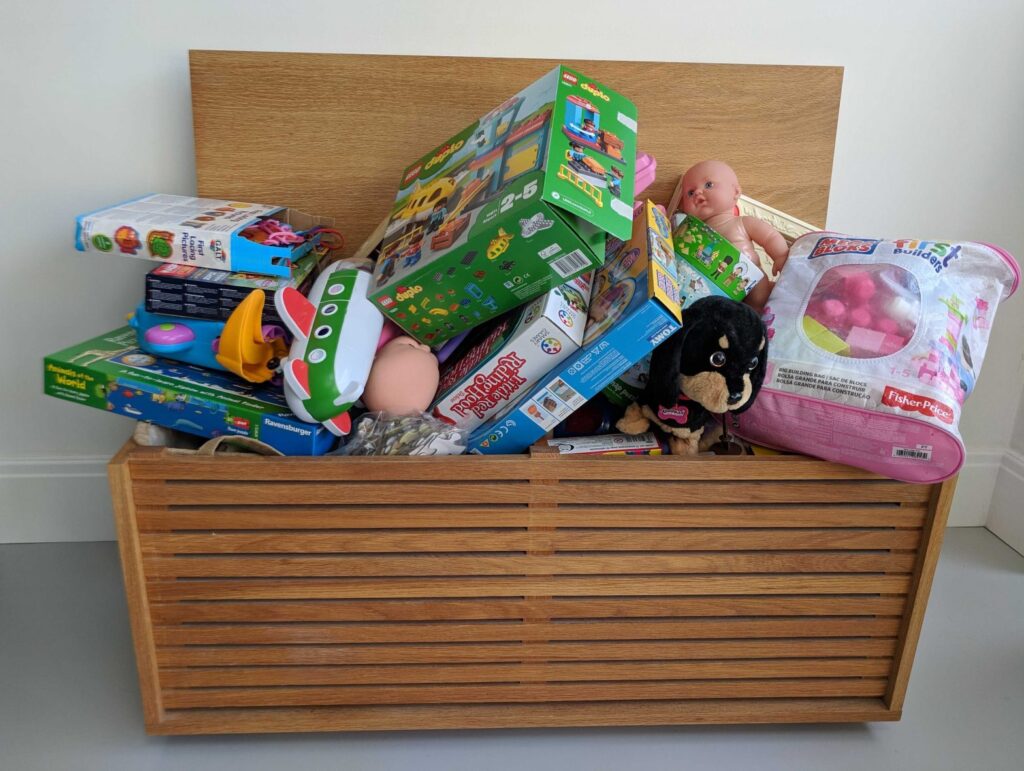
To understand the “toy phenomenon” let’s look at some numbers. Statistics tell us that every year in the world more than 300 million euros are spent on games of various kinds, and that of these more than 50% are not actually used.
Going into detail, on Christmas, it is estimated that for each child about 135€ are spent and that more than half of the toys given as gifts end up being forgotten by January.
In short, we end up with bedrooms overflowing with items made mostly of plastic or mixed, polluting materials that will inevitably end up in landfills. Is there anything remotely educational about this? And is there a best practice capable of adjusting it?
A loud and clear response has come from British start-up Whirli, which has organized toy bartering and made it as simple as making an online purchase.
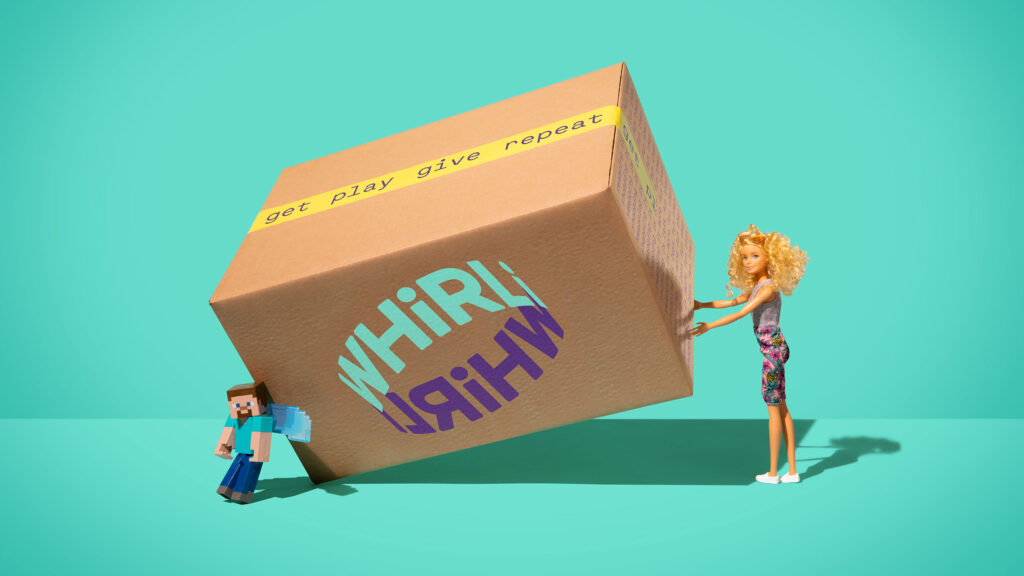
Whirli‘s motto is “Get – Play- Give – Repeat”.
The formula is offered on a subscription basis, like a true “Netflix” of toys. The subscription can be monthly, six-monthly or yearly, starting from a base of £ 9.99, guaranteeing access to a wide range of toys (including the latest releases on the market). Once they’ve received their chosen products, kids can use them as long as they like, and when they get bored, toys they no longer need can be traded in for other Pre-loved toys.
Saving money isn’t secondary; children grow quickly, and it’s in their nature to change tastes and constantly turn their attention to new things. Whirli is a sustainable way to keep up with the little “whims” of childhood.
The British company’s target audience is Millennials or Generation Z parents, who, as we know, show sensitivity and attention to sustainability.
The founder Nigel Phan explains the insight and benefit of the service: “Consumers who want to shop sustainably shouldn’t have to compromise on higher or unaffordable prices. He adds, “We’re really proud to be at the forefront of this revolution made possible by technology, which is good for the economy and good for the planet.”
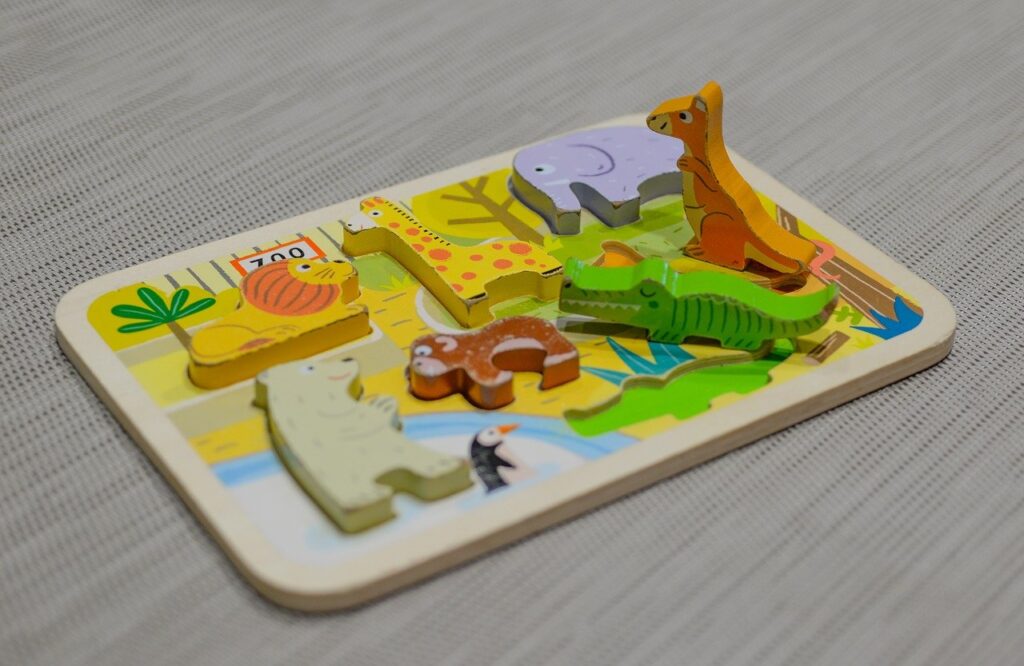
This Toy Sharing opportunity may represent the future of the toy industry, reshaping both consumer attitudes and, more importantly, those of manufacturing companies. A circular economy initiative has the power to increase awareness of materials and industry methods.
Accordingly, there are many companies in the sector that are looking towards a sustainable future. Lego, for example, has started the production of bricks with a new plastic of vegetable origin obtained from sugar cane; other companies such as Mattel and Hasbro are committed to reducing the huge packaging of toys, using environmentally friendly materials.
In our daily lives, it is good to know that if we really wanted to buy a new toy, the main sustainable materials are Wood, Bioplastic and Organic Cotton.
Let’s also pay attention to packaging. The 80’s and 90’s have accustomed us to a massive use of plastic mixed with cardboard; today, it would be useful to always prefer recycled paper or fabric.
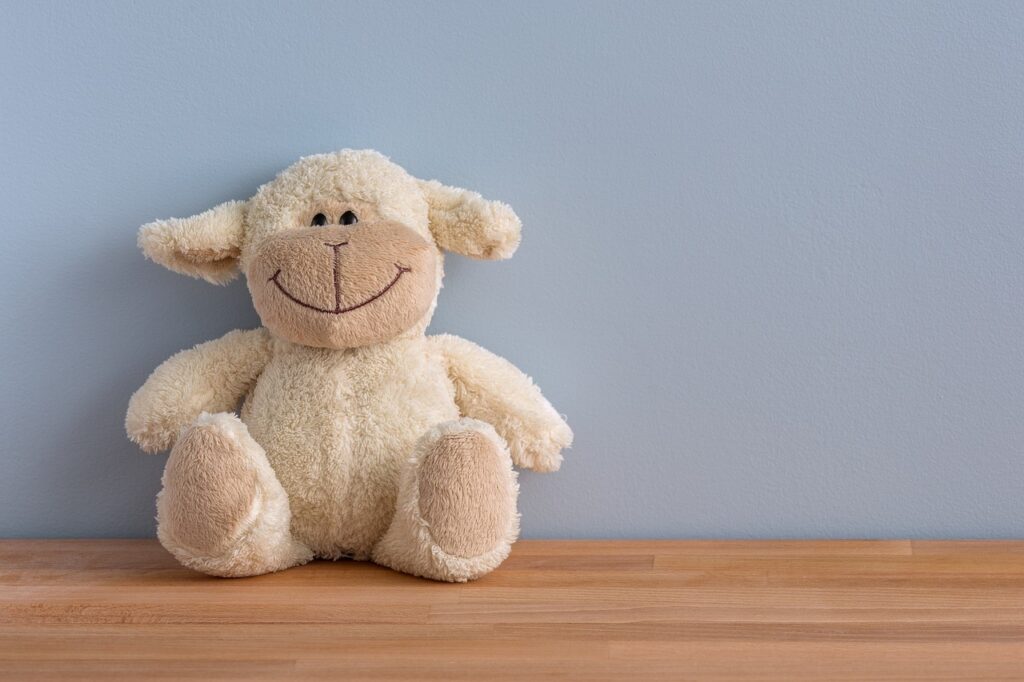
Educating children about sustainability is a gift that goes beyond the package, beyond the material good.
The commitment of Whirli and thousands of other small Toy Sharing initiatives is what we need. Playing is a right, doing it sustainably is a must.


